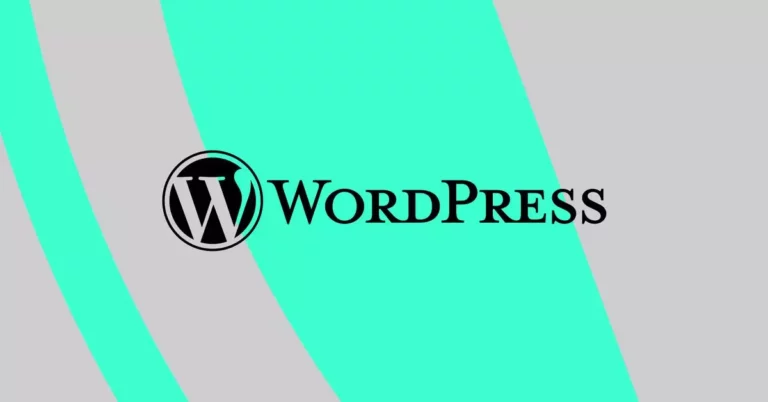In a notable turn of events within the WordPress community, a strategic decision has been made to fork a highly utilized plugin known as Advanced Custom Fields (ACF). This initiative, announced by Matt Mullenweg, co-founder of WordPress and CEO of Automattic, shows how dynamically the ecosystem responds to both user needs and external pressures. The newly introduced plugin, dubbed “Secure Custom Fields,” represents not only a security enhancement but also a commitment to maintaining user freedom from commercial upsells that plagued its predecessor.
The genesis of this update was not merely a reaction to consumer feedback; it stems from pressing security concerns which, as Mullenweg highlighted, remain somewhat unspecified. This vagueness raises questions among users about what exactly prompted such a bold move. However, it isn’t uncommon for software developers to take preemptive action when faced with potential vulnerabilities, illustrating a proactive approach even without disclosing specific details.
The backdrop of this plugin overhaul includes a lawsuit filed by WP Engine against Mullenweg and Automattic. Such legal entanglements are not merely background noise; they are significant forces that can shape product offerings, especially within open-source projects like WordPress. Mullenweg’s invocation of point 18 from the plugin directory guidelines indicates a readiness to act decisively when necessary, even at the cost of deviating from the traditional collaborative ethos that characterizes much of open-source development.
The intervention indicates a critical examination of not only the product involved but also the relationships between plugin developers and platform maintainers. In previous instances, conflict has nudged the community toward necessary adaptations, yet this case marks a notable escalation.
As the transition to “Secure Custom Fields” unfolds, the community’s reaction remains mixed. Developers, site creators, and end-users alike must now navigate the potential benefits against the uncertainty that legal disputes can bring. For many, the absence of intrusive commercial upsells is a welcome change, yet the shadow of litigation looms large, potentially stifling innovation due to fear of similar backlashes.
Despite the current scenario, WordPress’s history has shown resilience in the face of challenges. The hope is that by addressing these issues directly, the platform can emerge stronger and more secure. Moreover, the decision to make substantial changes amid litigation suggests an uncompromising dedication to user safety and functionality, which can inspire confidence in the community as they navigate the evolving landscape of web development.
Moving forward, the implications of this fork may resonate for years to come, not only affecting the ACF user base but also setting a precedent for how legal tensions can influence open-source software development. The creation of “Secure Custom Fields” might serve as a lesson on the importance of vigilance in security practices and the need for transparent communication during conflicts. Ultimately, as the community adapts to these changes, the overarching goal will be to foster an environment that promotes innovation and robust security, assuring users that WordPress remains a reliable platform for diverse web development needs.


Leave a Reply